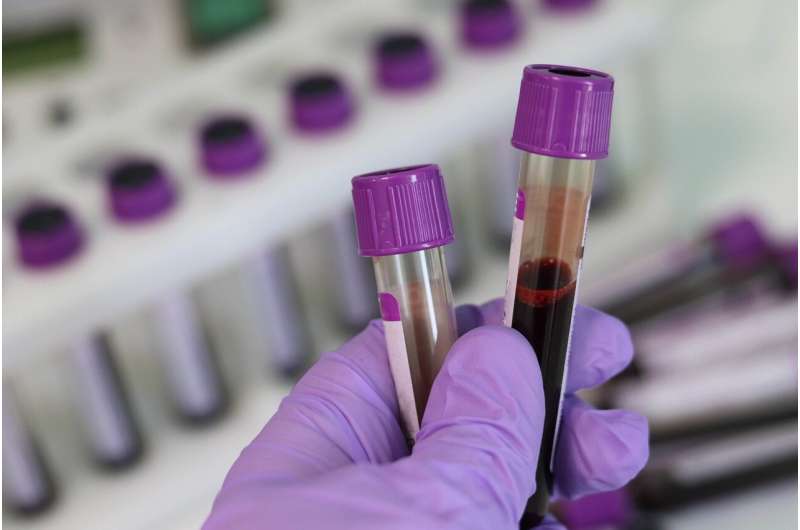Using Fruit Flies in Developing New Treatments for Alcohol Use Disorder

Scientists are leveraging fruit flies to gain insights into developing effective treatments for alcohol use disorder, utilizing their genetic similarity to humans and response to alcohol-related behaviors.
Recent research suggests that the tiny fruit fly, Drosophila melanogaster, could play a significant role in advancing treatments for alcohol use disorder (AUD). A comprehensive study published in Alcohol, Clinical and Experimental Research demonstrates how these insects can be utilized to better understand the biological responses to medications aimed at reducing alcohol consumption and preference. Given that fruit flies share many genes related to alcohol response with humans, they offer a valuable model for preclinical research.
The study involved experiments to verify the effects of existing medications like naltrexone, acamprosate, and topiramate. These drugs are known to influence alcohol-related behaviors in humans and were tested on fruit flies to observe their impact on motor skills, alcohol intake, and memory associations with alcohol cues. Findings showed that naltrexone and acamprosate effectively reduced the flies' preference for alcohol, confirming their potential to diminish motivation for alcohol seeking. Interestingly, topiramate did not alter alcohol consumption in the fly model, possibly because it primarily addresses withdrawal symptoms, which were not observed in this study.
Furthermore, the researchers explored other pharmacological agents, such as γ-secretase inhibitors dibenzazepine and compound E, which showed promise in diminishing alcohol preference by affecting memory processes linked to alcohol's rewarding effects. These drugs are currently being used for other medical conditions, like some cancers and Alzheimer's disease, indicating new avenues for repurposing.
Overall, this research highlights the suitability of Drosophila as a model organism in identifying and testing potential pharmacotherapies for AUD, accelerating the search for effective medications with fewer side effects. The study advocates for further exploration into these genetic and behavioral parallels to enhance our understanding and treatment options for alcohol dependence.
Source: https://medicalxpress.com/news/2025-09-fruit-flies-scientists-treatments-alcohol.html
Stay Updated with Mia's Feed
Get the latest health & wellness insights delivered straight to your inbox.
Related Articles
Innovative Pilot Program Enhances Cancer Care and Support for Indigenous Communities
A pilot program by the University of Oklahoma enhances cancer care access and support for Indigenous communities, aiming to reduce disparities and improve health outcomes through innovative care coordination.
2025 Clinical Practice Guidelines for Hematopoietic Cell Transplantation and CAR-T Therapy
The EBMT has released updated clinical guidelines for hematopoietic cell transplantation and CAR-T therapies in 2025, emphasizing standardization, innovation, and personalized treatment strategies to improve patient outcomes across hematological and immune disorders.
International Healthcare Workers Report on War-Related Injuries in Gaza
A recent study reveals the unprecedented severity of injuries faced by civilians in Gaza, underscoring the urgent need for robust healthcare response systems during ongoing conflicts. source: https://medicalxpress.com/news/2025-09-international-health-workers-war-injuries.html
Infant Immune Response to Severe COVID-19 Differs Significantly from Adults
A groundbreaking study reveals that infant immune systems respond to severe COVID-19 in ways that differ markedly from adults, highlighting the need for age-specific healthcare strategies.



